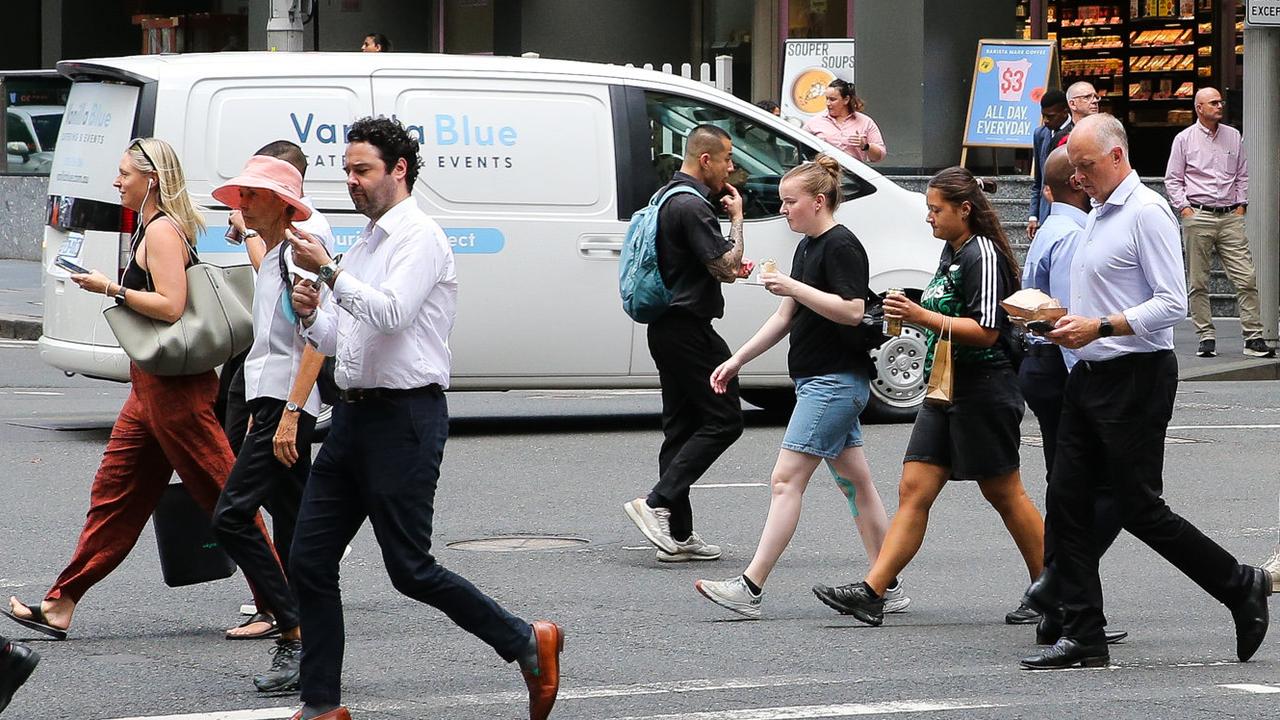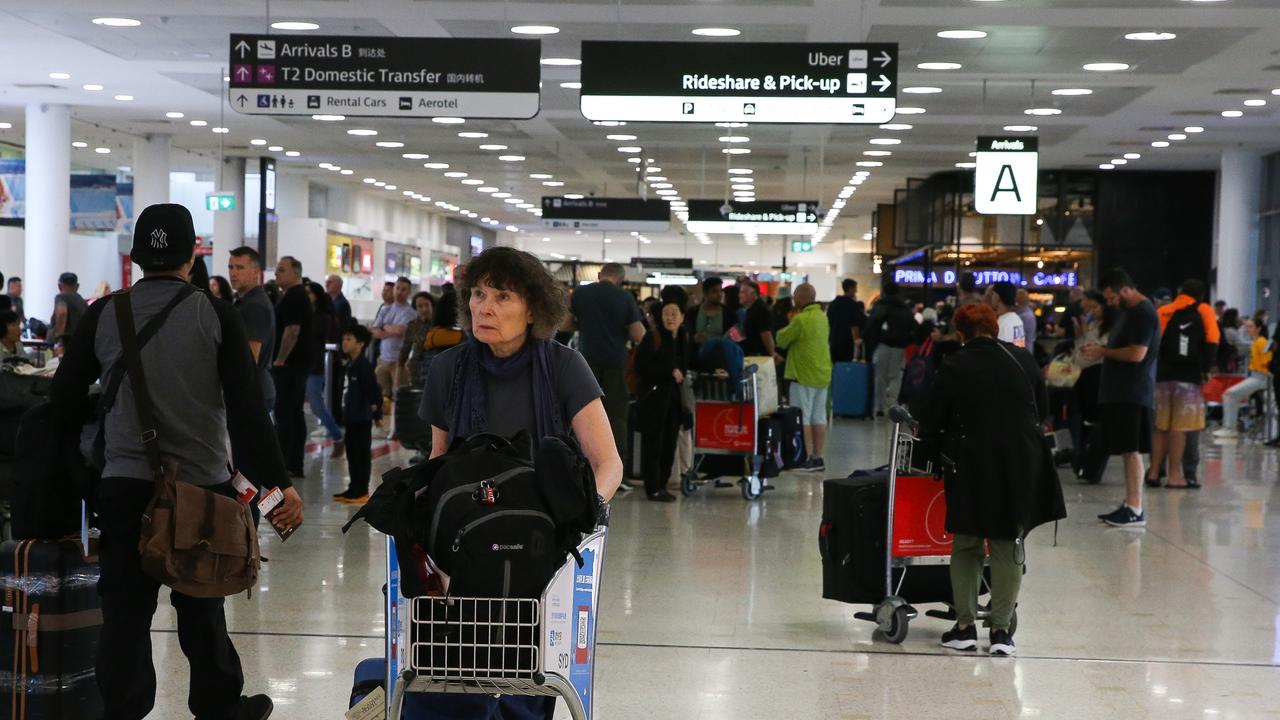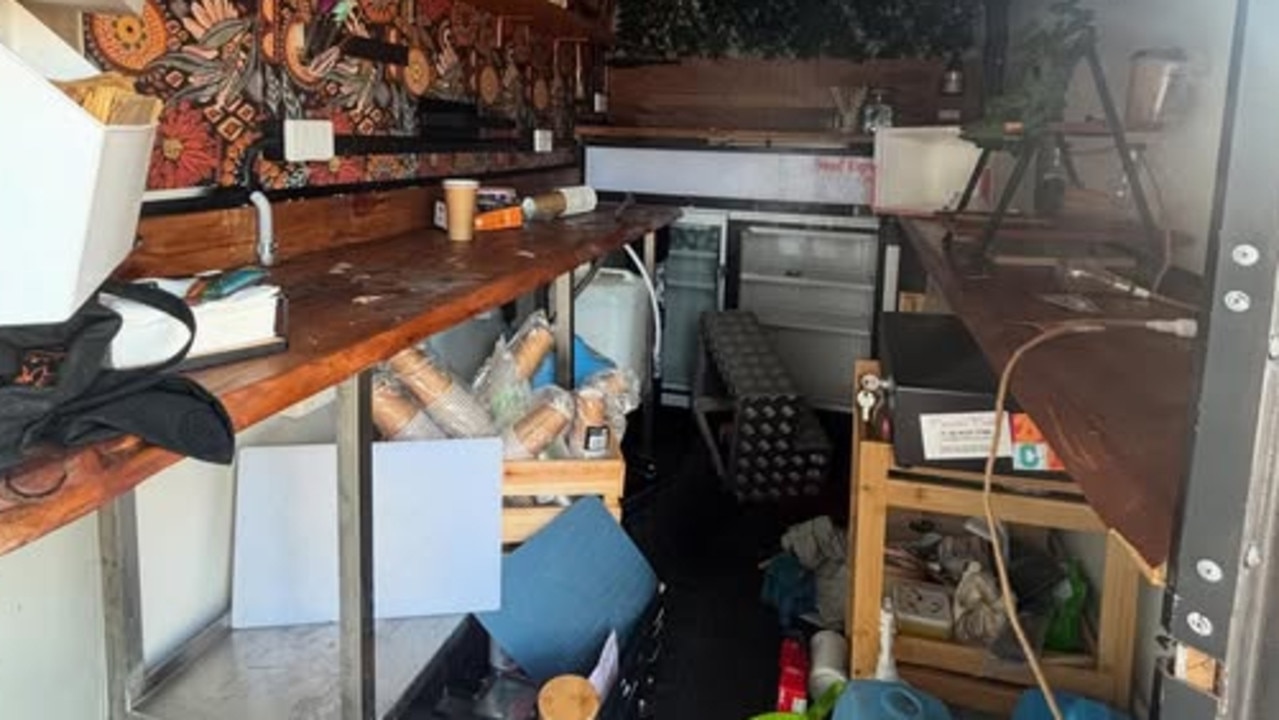Afterpay under fire as more merchants expose ‘rort’ of rolling reserve
A Sydney woman has revealed her shock after discovering a little-known rule meant she was out of pocket $25,000, which she says “crippled” her.
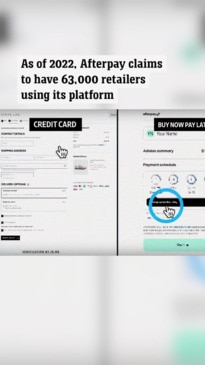
Small Australian businesses are calling out Afterpay for withholding tens of thousands of dollars of their revenue – all while the multi-billion dollar fintech appears to keep their cash interest free for months at a time.
Last month, news.com.au reported that a Sydney-based sneaker retailer was making a loss because the buy now pay later provider was holding back $83,000 of its sales.
A clause in the merchant’s agreement means that Afterpay can hold a “rolling reserve” of money if they deem a business poses a higher than normal risk.
In some cases, they hold 30 per cent of sales for up to three months before it is released “in dribs and drabs”, “crippling” many businesses along the way.
But several small companies have complained to news.com.au that they are given little or no clarity on why the reserve has been placed on their funds.
Two more Australians have spoken out about the rolling reserve problem while the issue is a topic often discussed on a social media page with more than 3000 members dedicated to small business owners.
Mum-of-three Ayla Jennings-Bade, who runs a western and country attire brand called CKL Country and Kids operating out of NSW’s Hunter Valley, said it’s left her company in tatters.
“This tactic from Afterpay has nearly killed our business,” she told news.com.au. “Now we pray the majority of our orders don’t come through Afterpay.”
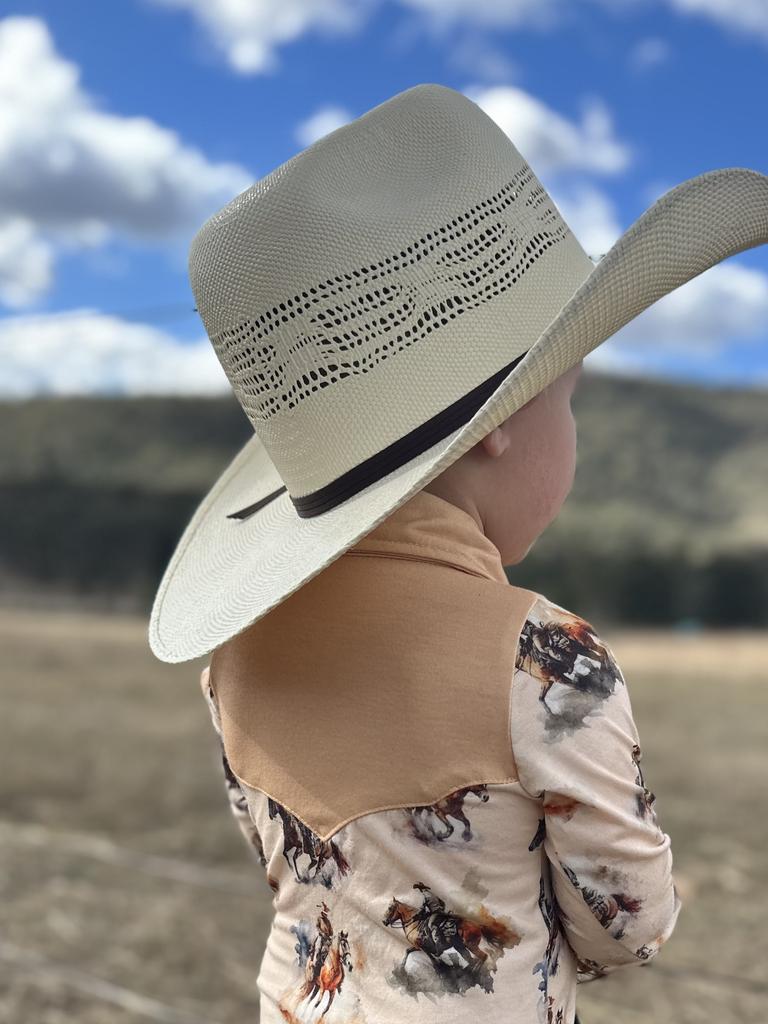
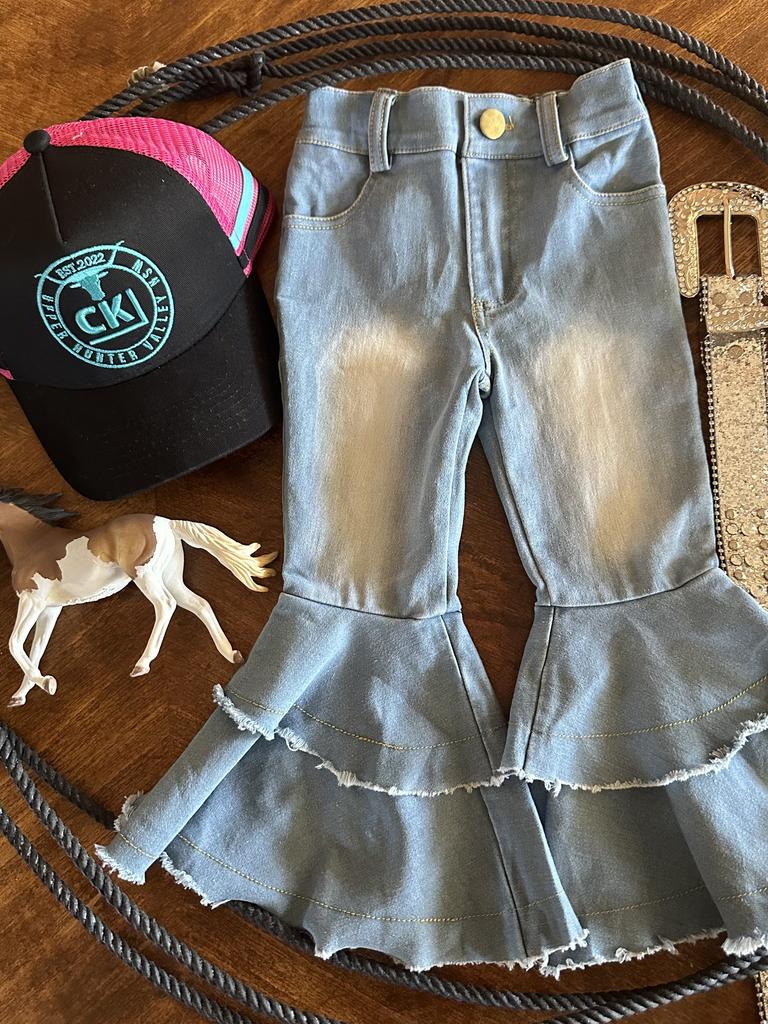
Ms Jennings-Bade added Afterpay as a payment option for CKL Country and Kids last year, 12 months after launching her business.
At first, it seemed ideal.
“My demographic is rural Australia, and the drought, bushfires etc, makes it easier for them to split their payment,” she said.
“Even if they don’t use Afterpay, they see it on the website and makes me legitimate.”
But pretty soon she realised 30 per cent of her sales through the platform were being held, for 90 days, leaving her with no idea what to do.
“I was actually in tears, we had expected that money, I had people waiting for that money,” she recalled.
“I had to go into my own funds, my dad also lent my money.
“It was released in little bits, maybe it was $50, it would come in dribs and drabs. Which isn’t ideal, it’s still a killer, I’ve paid for all this stock, then you’re getting it back very very slowly.”
She even provided them with more than 100 tracking numbers as proof of her business fulfilling orders, but Afterpay wouldn’t budge.
It was so bad she decided to remove Afterpay as a service but noticed a significant drop in sales, so had to introduce it again earlier this year.
“If you’re going to hold 30 per cent, I assume it’s going to generate interest somewhere,” she added.
Afterpay would not comment specifically on any case to news.com.au but previously said “Afterpay may take additional measures to reduce risk exposure for our customers and our business”.
They would not respond to requests for comment regarding if they would pay interest for the time spent holding merchants’ funds.

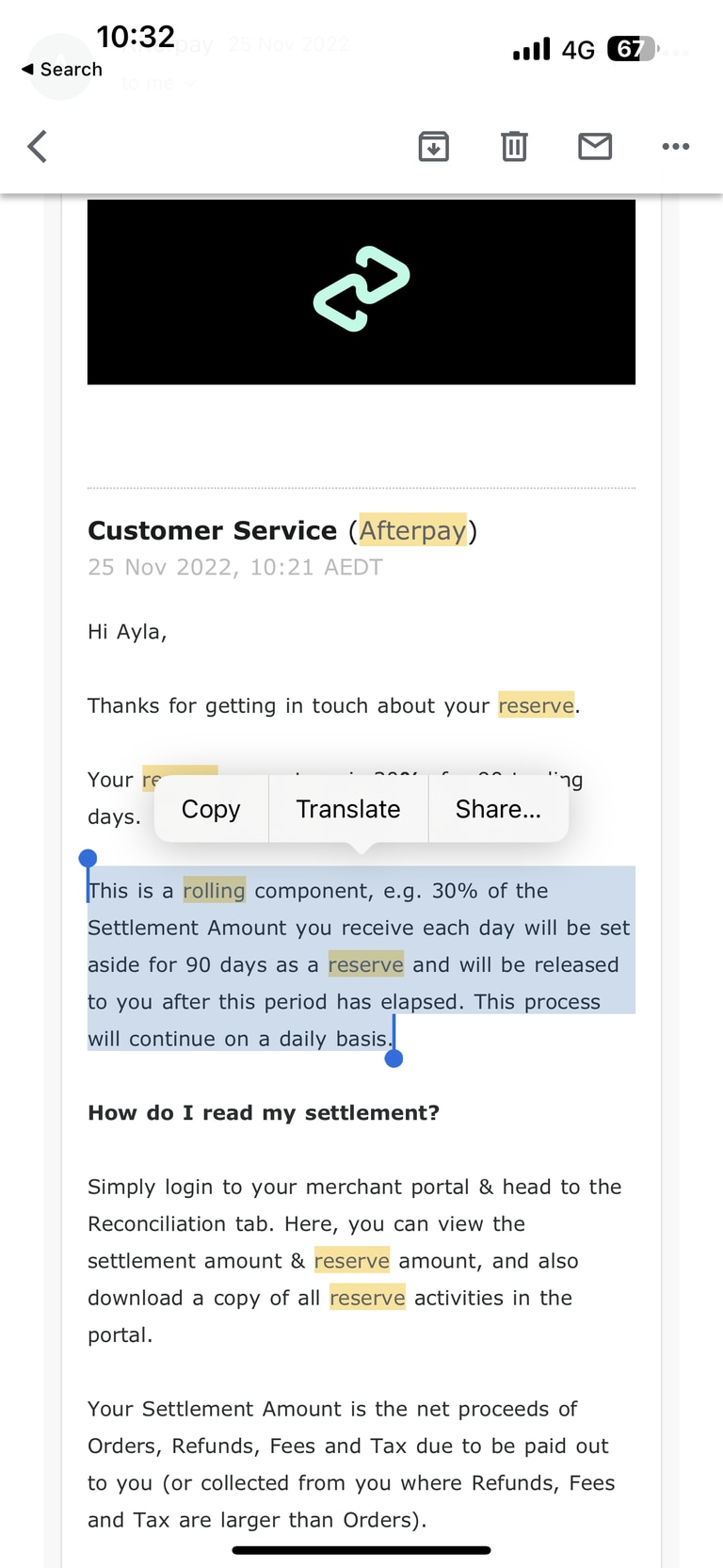
It’s a similar situation for Yasmin Tolley, who runs Milk and Honey Wigs, a Sydney business which creates custom wigs for those experiencing hair loss.
Ms Tolley, 32, launched the business six years ago and has adopted most buy now pay later services because many of her customers “are caught by surprise” by their hair loss and might not have the funds needed upfront.
Afterpay is the only BNPL service that has a policy of withholding merchants’ funds.
Her business, which has been in operation for six years, had been using Afterpay since 2018 but is now “crippled” thanks to the decision to withhold 30 per cent of the sales coming through the service from January.
“I felt backed in a corner, as a business owner I thought I needed to grin and bear it,” Ms Tolley said.
“We've been with them so long, they know we’re a reputable brands. Very low returns, low disputes.
“It seemed unreasonable that this was going to continue.”
She said this would see up to $25,000 withheld over a three month span.
“To put that into perspective, that could cover my rent at the warehouse, it could go into wages or stock, all those things to juggle,” she added.
“It feels like we’re trapped, they’re not willing to compromise, which I find crazy. I just think that Afterpay is going to face an exodus in merchants leaving.”
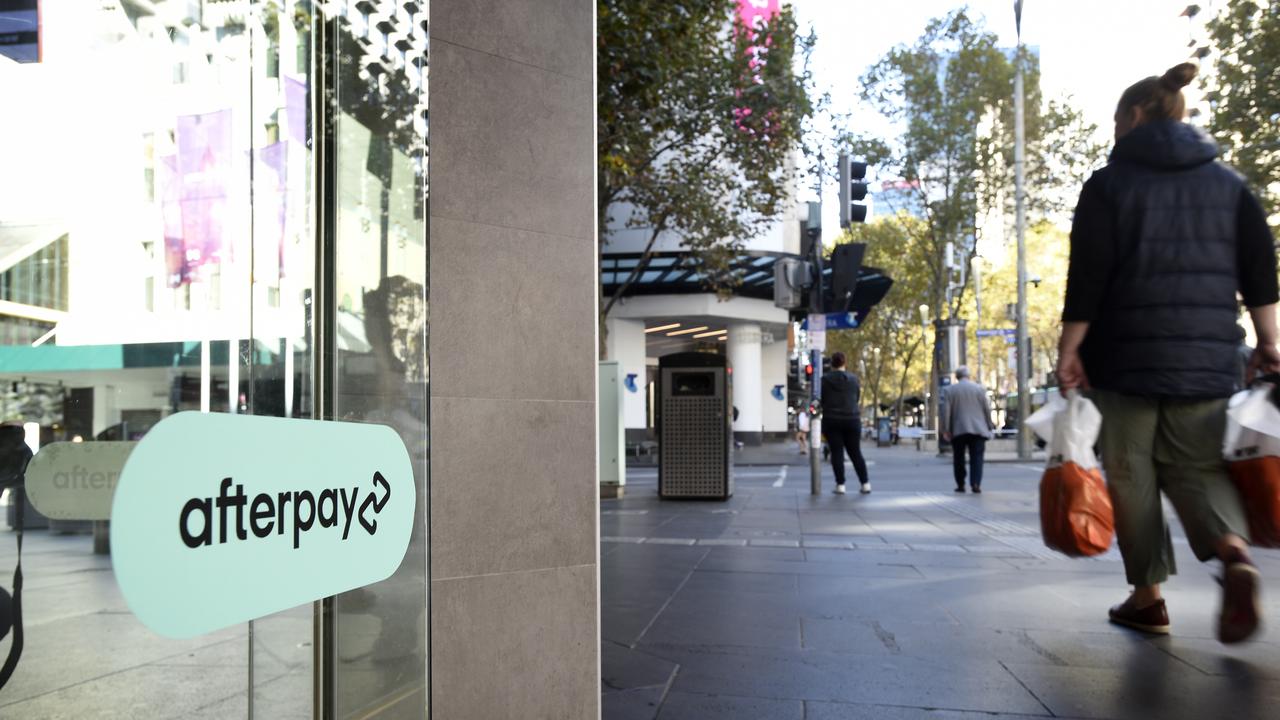
News.com.au previously reported on Jiyat Sachdeva, the director of Sole AU, an e-commerce sneaker brand operating out of Sydney, who has been battling with Afterpay over the rolling reserve for five months.
“They’ve basically entrapped us. It’s just ridiculous,” Mr Sachdeva said at the time.
“I have 0 chargeback, 0 disputes and 0 Direct Debit Fails received on my merchant account from the time I joined Afterpay,” he added.
In 2021, Afterpay was bought by a US company called Square for $39 billion. Square has since renamed to Block.
As of 2022, Afterpay claims to have 63,000 retailers using its platform.
In April last year, Afterpay reported suffering a $345 million loss. Afterpay chalked up $176.7 million in losses from taking on bad debts.
Read related topics:Sydney




